Orecchiette Pasta with Squash and Chard
Savour the flavours of Mediterranean cuisine with this diabetes-friendly Orecchiette Pasta with Squash and Chard. Packed with fiber-rich whole wheat pasta, nutrient-dense vegetables, and topped with feta cheese, this dish is not only delicious but also helps manage blood sugar levels effectively.

- Suitable for diets:
- High-Fiber
- Kidney Friendly
- Vegetarian
Servings:
Why Diabetes Friendly?
- High in fiber: The whole wheat orecchiette pasta, squash, chard, and other vegetables contribute significant dietary fiber, which is beneficial for blood sugar control as it slows the digestion and absorption of carbohydrates.
- Balanced meal: This recipe includes a good mix of complex carbohydrates, vegetables, and a moderate amount of cheese providing protein and fat, which can help in managing blood glucose levels.
- Nutrient-rich: Vegetables like butternut squash and swiss chard are packed with vitamins and minerals that support overall health, which is crucial for individuals managing diabetes.
Advertisement
Equipment
- Large frying pan
- Pot
Ingredients
- olive oil 2 tbsp
- onion (large, diced) 1
- cauliflower (cut into small florets) 1 head
- butternut squash (cut into small cubes) 1 lb
- Swiss chard (leaves only, cut into bite size pieces) 1 bunch
- cherry tomato (halved) 12
- garlic (minced) 2 cloves
- pasta (whole wheat orecchiette) 1 1/2 cups
- feta cheese 4 oz
Advertisement
Cooking Tips
- Cooking pasta perfectly: To keep the pasta from becoming too soft, cook it until al dente then finish cooking in the sauce to absorb flavours.
- Achieving creamy texture without cream: Using pasta water to finish cooking the pasta helps to create a creamy texture without the need for cream, which is higher in fat and calories.
- Enhancing flavours naturally: The caramelization of onions and the natural sweetness of butternut squash enhance the flavor profile without needing additional sugar or unhealthy fats.
Advertisement
Instructions
- Heat olive oil over medium heat in a large frying pan (one that has a lid for later), add onion and sauté until soft and starting to brown on the edges, approximately 10 minutes.2 tbsp olive oil, 1 onion
- Add squash pieces, cauliflower and garlic. Toss to coat and sauté with LID ON, until soft, tossing a few times. About 15 minutes.1 head cauliflower, 1 lb butternut squash, 2 cloves garlic
- Remove lid, add the tomatoes, and toss, cooking for 2-3 minutes.12 cherry tomato
- Add swiss chard, toss to coat, and cook until wilted (you may need to add the chard in batches allowing some to wilt before adding more), about 5 minutes.1 bunch Swiss chard
- Boil pasta water, add pasta. Cook until al dente (or slightly chewy).1 1/2 cups pasta
- When the pasta is ready, drain and SAVE A FEW CUPS OF PASTA WATER. Toss the pasta into the pan with the squash mixture, and add about ½ cup or so of pasta water. Cook tossing the pasta in the mixture and continue cooking pasta while adding pasta water as needed to finish cooking the pasta, (you will probably use about 1 cup total). You can put the lid on to finish cooking the pasta – it will make it a little creamier. Turn heat off, add feta cheese. Serve.4 oz feta cheese
Advertisement
FAQ
- Can I substitute another type of pasta in this recipe?
Yes, other short pastas like penne or fusilli can work well if orecchiette is not available, but the whole wheat variety is recommended for its higher fiber content. - Is there a dairy-free alternative to feta cheese that I can use?
Nutritional yeast or vegan cheese can be used as a dairy-free alternative to feta cheese to maintain a similar texture and add a cheesy flavour without actual cheese. - How can I add more protein to this dish?
For additional protein, consider adding legumes such as chickpeas or cannellini beans, or for non-vegetarians, grilled chicken or shrimp can be a good match.
Advertisement
Nutrition
Per serving
Calories: 365kcal
Carbohydrates: 50.4g
Fiber: 8.1g
Sugar: 9.3g
Fat: 14.3g
Saturated Fat: 5.1g
Trans Fat:
Protein: 13.8g
Nutrition Facts
Orecchiette Pasta with Squash and Chard
Serving Size
3.25 cups
Amount per Serving
Calories
365
% Daily Value*
Fat
14.3
g
22
%
Saturated Fat
5.1
g
32
%
Cholesterol
25.2
mg
8
%
Sodium
539.4
mg
23
%
Potassium
1350.9
mg
39
%
Carbohydrates
50.4
g
17
%
Fiber
8.1
g
34
%
Sugar
9.3
g
10
%
Protein
13.8
g
28
%
Vitamin C
129.7
mg
157
%
Vitamin D
0.1
µg
1
%
Calcium
284.7
mg
28
%
Iron
3.8
mg
21
%
Magnesium
148.9
mg
37
%
Zinc
2.2
mg
15
%
* Percent Daily Values are based on a 2000 calorie diet.
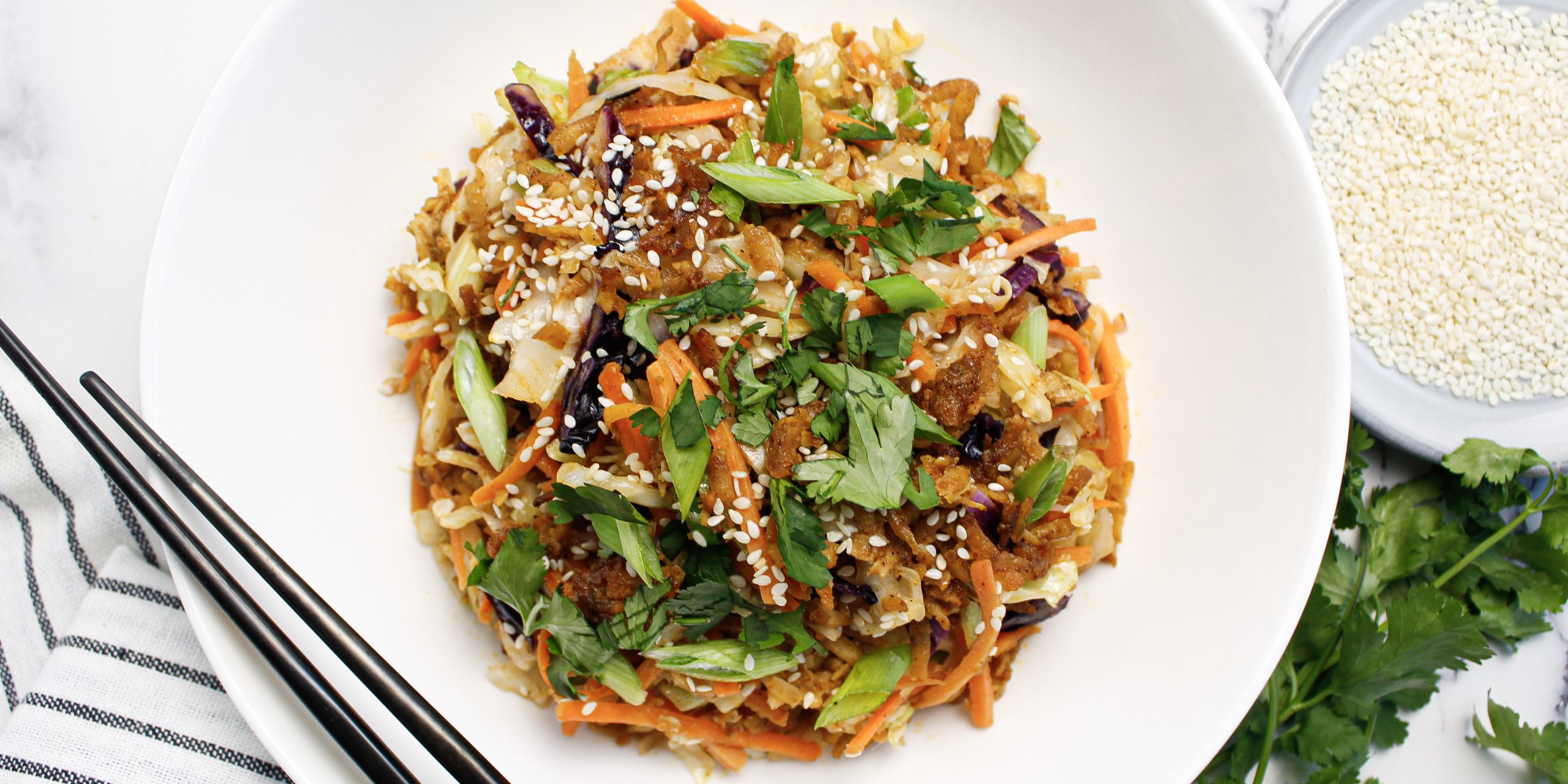
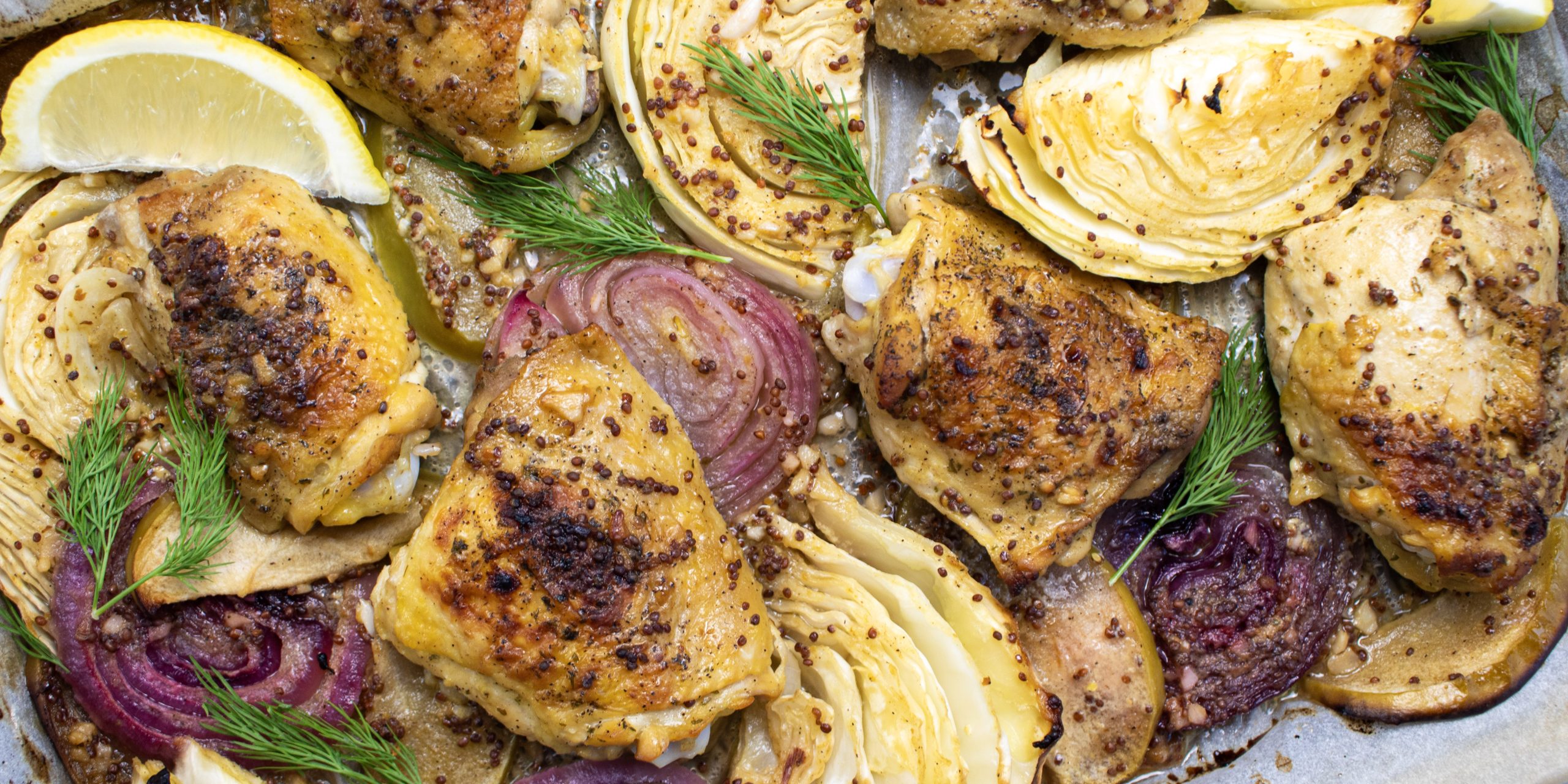
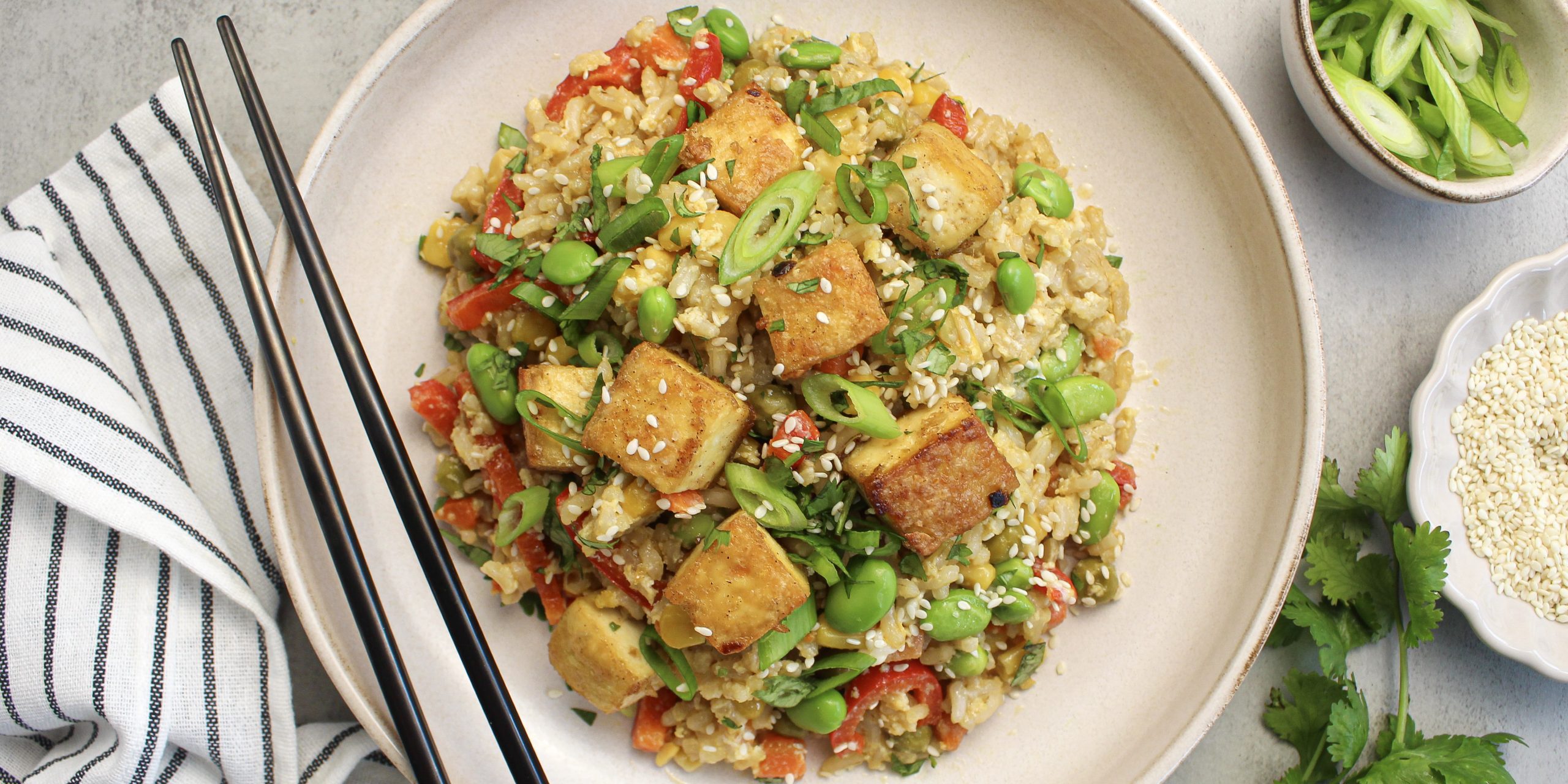
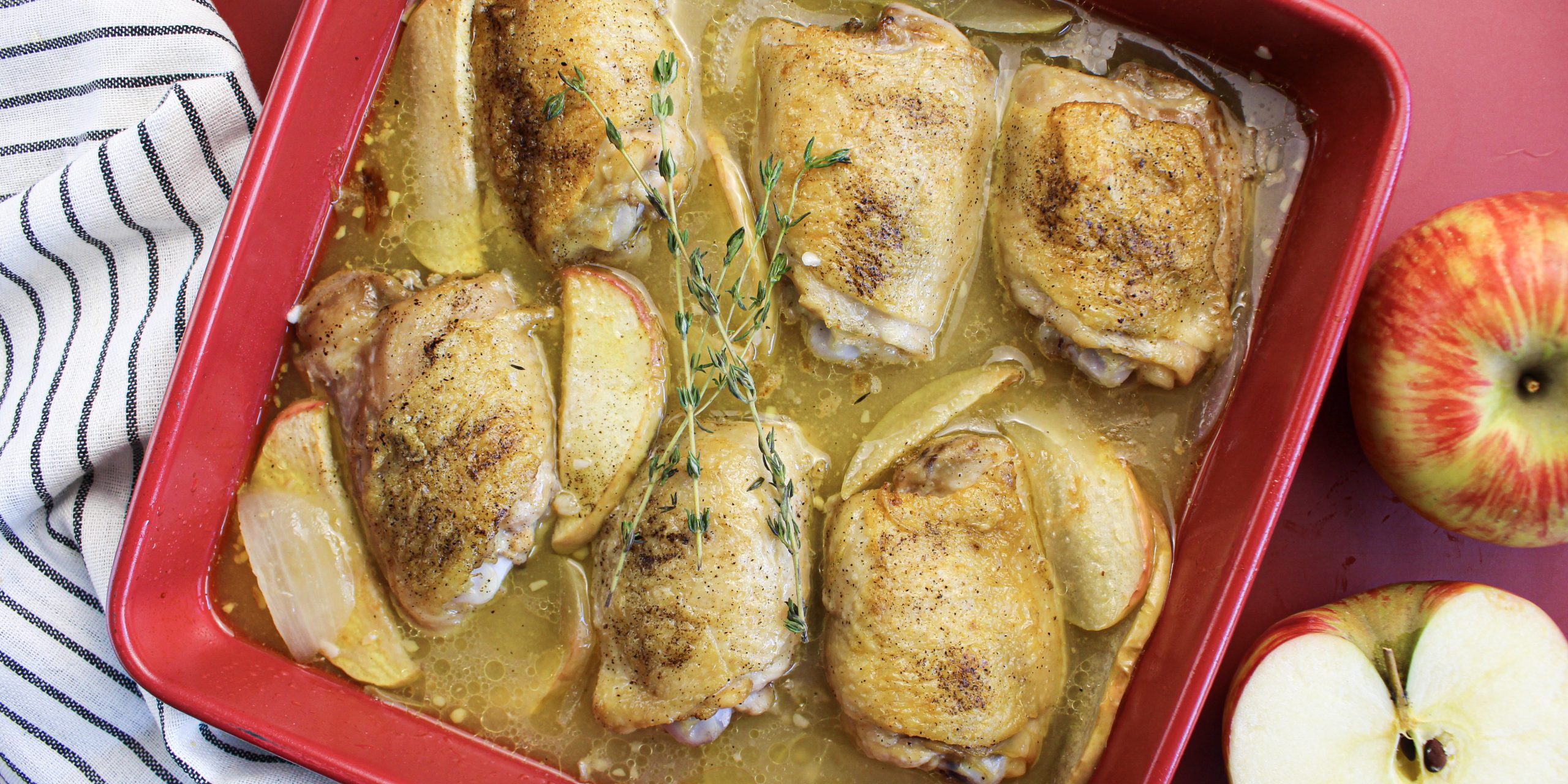
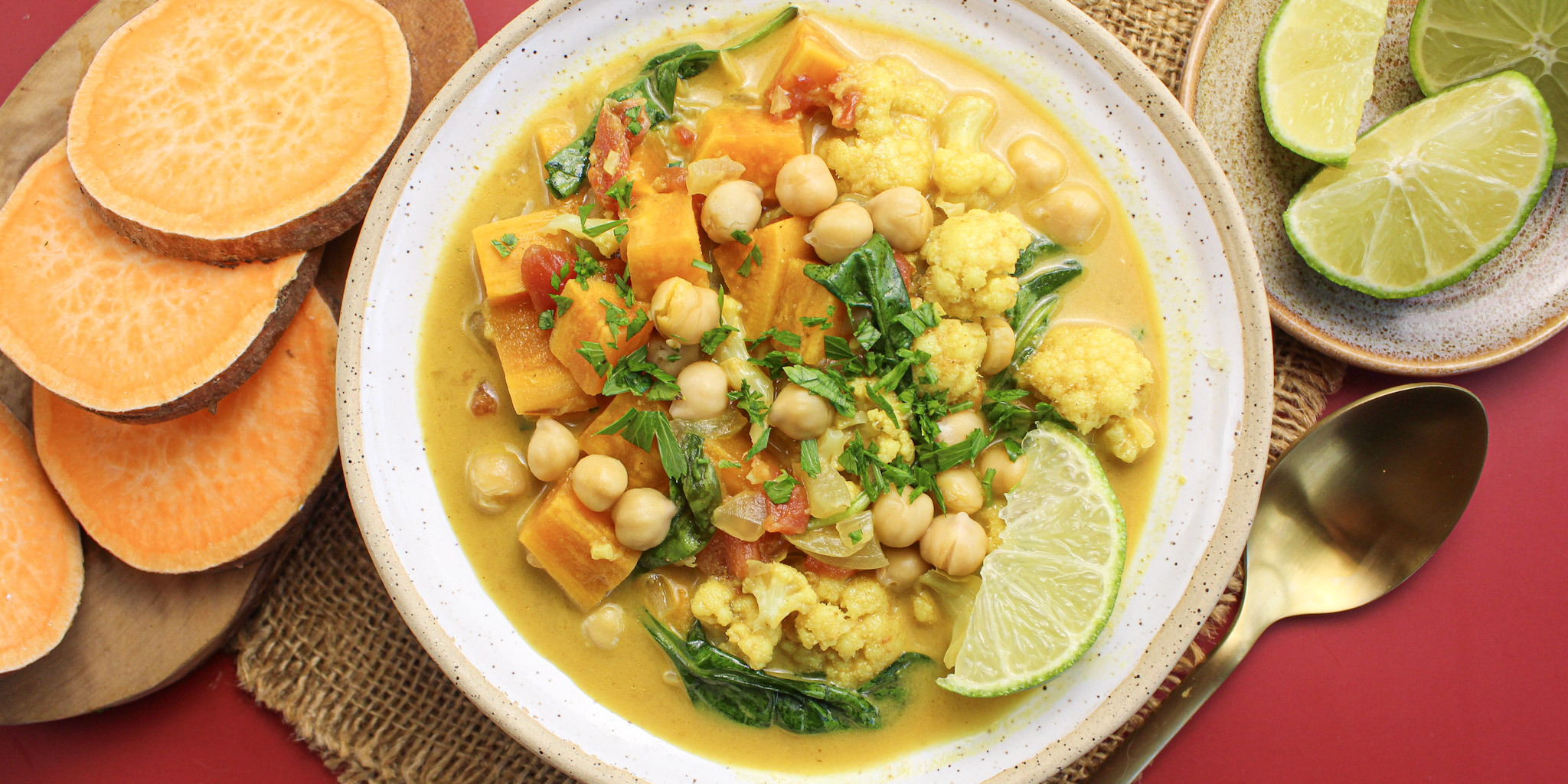
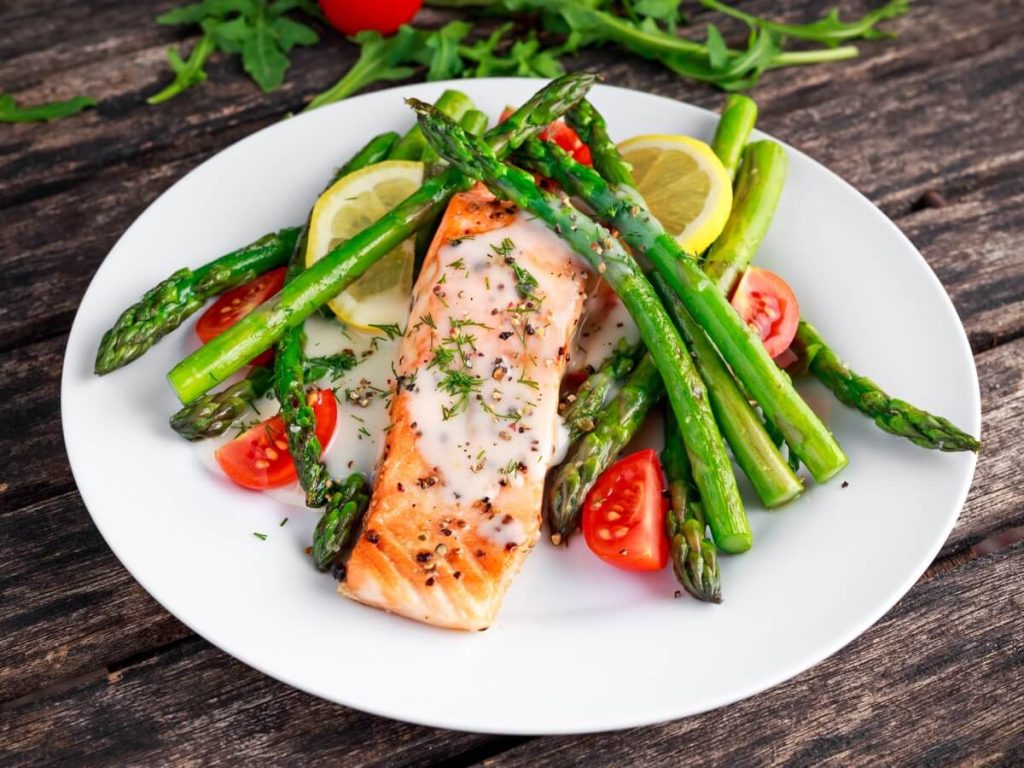



Leave a Reply
You must be logged in to post a comment.